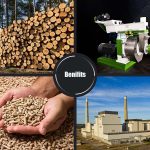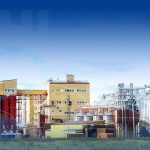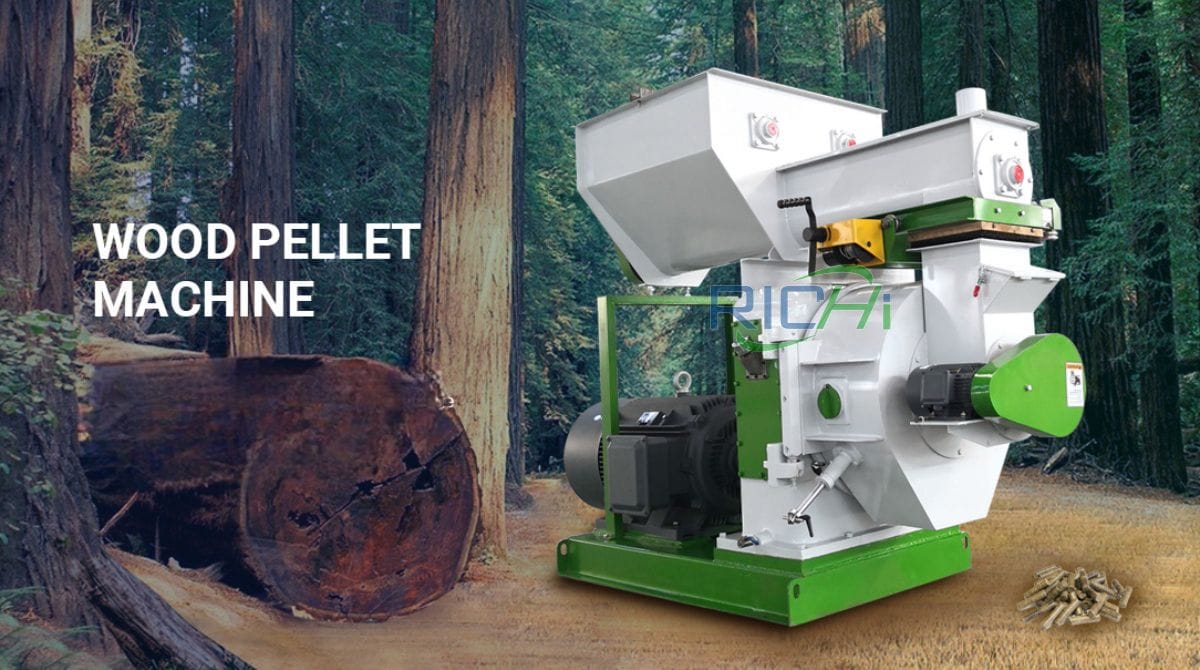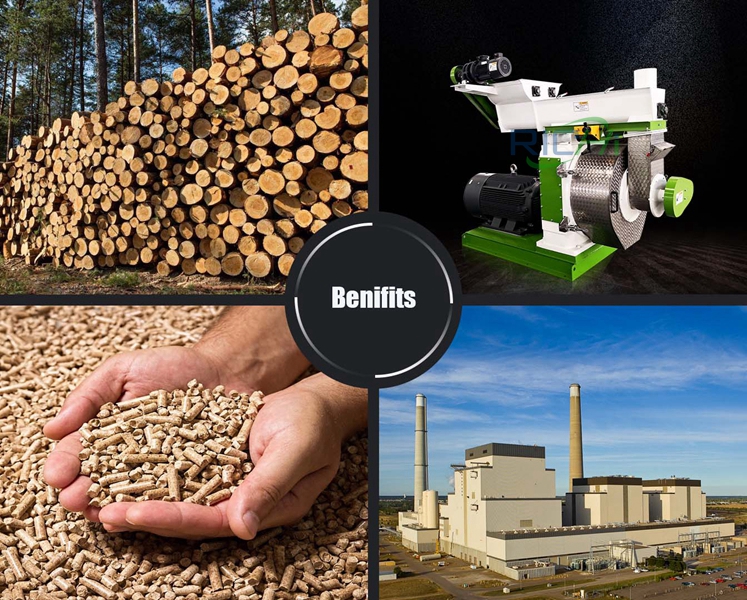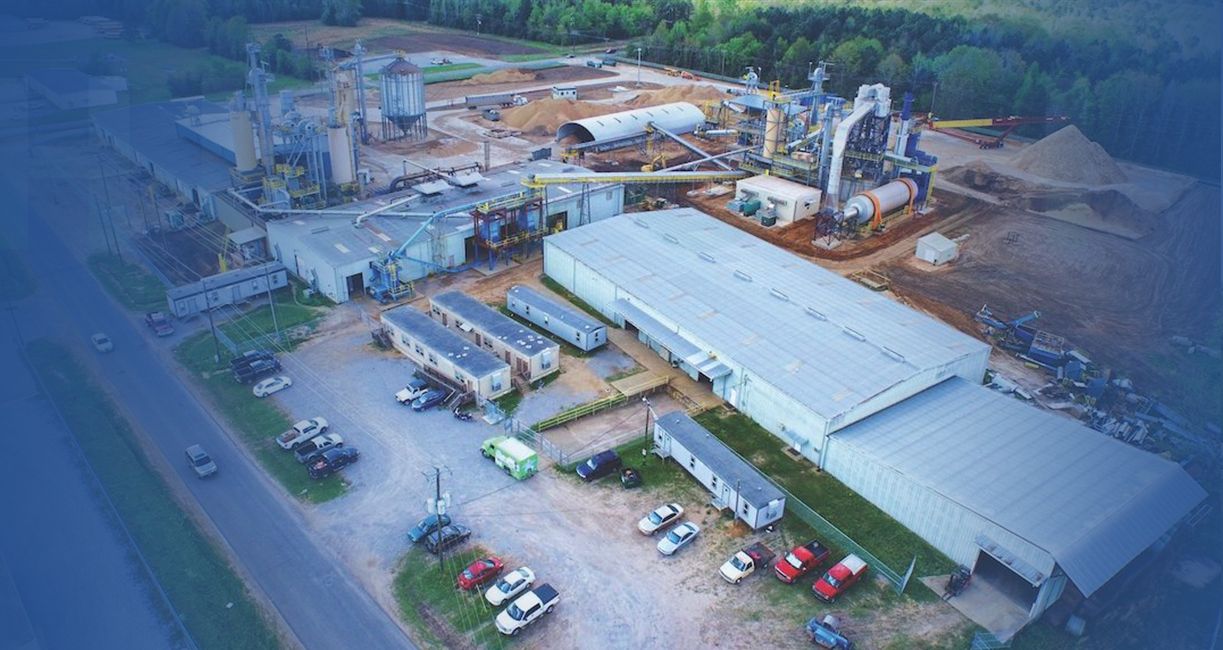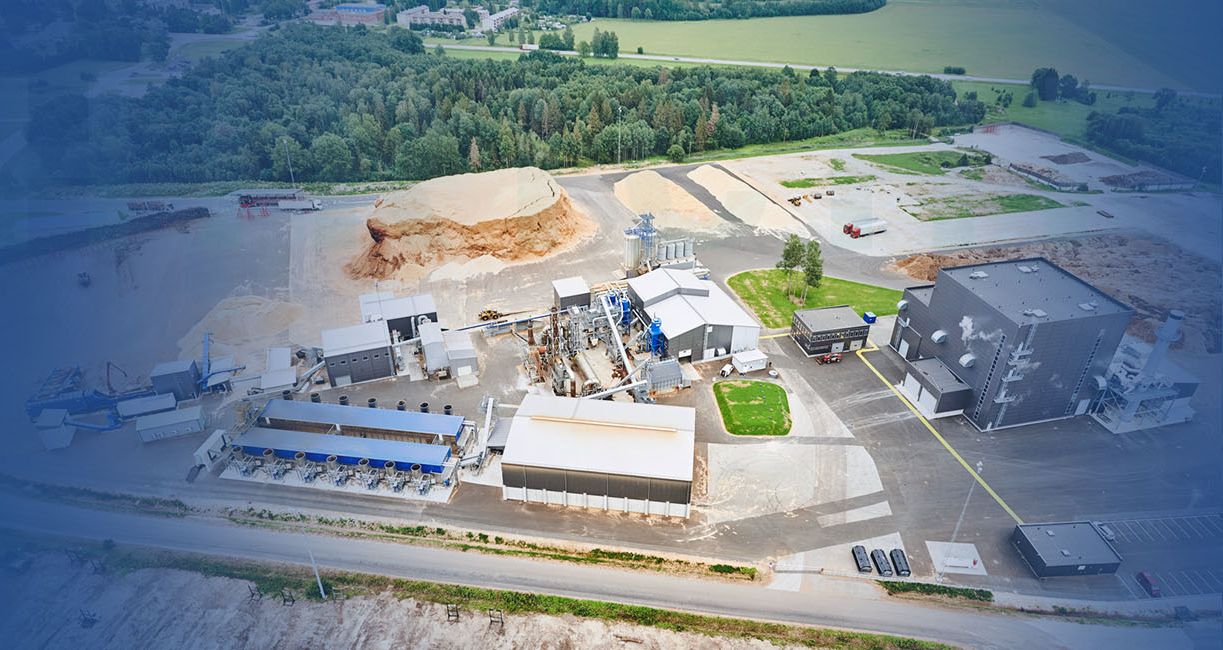In the pursuit of renewable and sustainable energy sources, biomass has emerged as a pivotal solution to reduce reliance on fossil fuels and combat climate change. Softwood biomass, sourced from coniferous trees and woody plants, stands out due to its abundance and beneficial properties. Softwood pellet mills are specialized equipment designed to convert this biomass into compact, energy-dense pellets, offering an efficient fuel source for heat and power generation.
The Significance of Softwood Biomass
Softwood biomass holds several advantages as a renewable energy source:
- Abundant and Renewable: Softwood forests can be managed sustainably, ensuring a continuous biomass supply.
- High Energy Density: Softwood pellets have a superior energy density compared to other biomass sources, enhancing fuel efficiency.
- Low Ash Content: These pellets typically produce less ash, minimizing issues like slagging and fouling during combustion.
- Versatility: Softwood pellets are versatile and applicable across residential heating, industrial boilers, and power plants.
- Local Sourcing: Often available locally, softwood biomass supports regional economies and reduces transportation costs.
The Role of Softwood Pellet Mills
Softwood pellet mills are pivotal in transforming raw biomass into efficient fuel sources:
- Increased Energy Density: Pelletization compresses softwood biomass into dense pellets, facilitating efficient storage, transportation, and combustion.
- Consistent Quality: Advanced mills ensure uniform pellet size, density, and moisture content, optimizing combustion and energy output.
- Efficient Processing: Integrated workflows streamline drying, grinding, and pelleting stages, boosting overall productivity.
- Emissions Reduction: Softwood pellets emit fewer pollutants compared to fossil fuels, contributing to cleaner energy solutions.
- Versatility: Mills accommodate various softwood species and biomass feedstocks, ensuring flexibility in raw material utilization.
- Scalability: Available in different capacities, mills can expand operations to meet increasing demand in diverse sectors.
Related post: wood pellet making machine price
Key Components of Softwood Pellet Mills
Efficient operation hinges on essential components:
- Drying System: Crucial for reducing biomass moisture to optimal levels for pellet formation and combustion.
- Grinding and Milling: Equipment to achieve desired particle size and texture, crucial for effective pelleting.
- Mixing and Conditioning: Systems for uniform moisture distribution, vital for consistent pellet quality.
- Pelleting Unit: Core component that compresses biomass into durable pellets using heat and pressure.
- Cooling and Drying: Systems post-pelleting stabilize pellets, preventing moisture buildup for long-term storage.
- Quality Control and Monitoring: Rigorous testing and monitoring ensure pellets meet stringent quality and safety standards.
- Automation and Process Control: Advanced systems maintain product consistency, efficiency, and operational uptime.
- Auxiliary Systems: Support equipment like material handling and dust collection systems ensure safe and efficient operations.
Factors Influencing Softwood Pellet Mill Success
Critical success factors include:
- Biomass Supply: Reliable sourcing of high-quality softwood biomass is essential for consistent pellet production.
- Expertise: Employing skilled biomass specialists and engineers optimizes production processes and pellet quality.
- Technology and Automation: Investments in advanced technologies enhance efficiency, reduce costs, and ensure product consistency.
- Sustainability: Adopting eco-friendly practices and meeting environmental regulations minimize operational impacts.
- Workforce: Training and employing a skilled workforce are crucial for efficient mill operation and maintenance.
- Continuous Improvement: Innovating equipment, processes, and technologies sustains competitiveness in the biomass energy market.
Opportunities and Future Outlook
The future outlook for softwood pellet mills is promising, driven by:
- Renewable Energy Demand: Increasing global focus on reducing emissions supports growing demand for sustainable energy sources like softwood pellets.
- Technological Advancements: Research and development enhance biomass processing, pellet quality, and combustion technologies.
- Sustainable Practices: Responsible forestry practices ensure a steady supply of softwood biomass for pellet production.
- Decentralized Energy Solutions: Localized energy production trends create opportunities for community-based pellet mills.
- International Collaboration: Global investments spur development of new facilities, fostering economic growth and technological advancements.
In conclusion, softwood pellet mills are pivotal in harnessing softwood biomass as a sustainable energy source. Investment in these technologies supports renewable energy goals, promotes environmental stewardship, and drives economic development. As global energy priorities shift towards sustainability, softwood pellet mills will continue to lead in advancing biomass energy solutions for a cleaner, resilient future.



